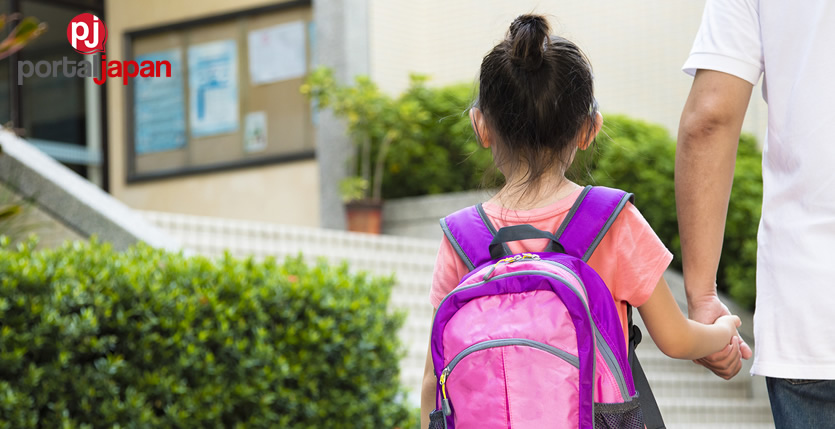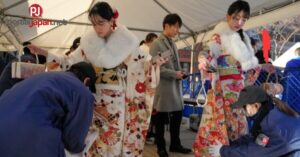
When certain hurdles to obtaining Japanese nationality were reduced for children born to mixed couples in 2008, a growing number of women decided to take kids they had had with Japanese men to begin a new life in the country. Typically these were Filipino families with now-absent Japanese fathers.
However, this has given rise to an increasing number of brokers seeking to profit from women seeking a better life for their children. For many it turns into nothing more than a nightmare.
“I later found out that no legal action was necessary for my daughter to become Japanese,” said a 30-year-old Filipina who lives in Osaka with her nine-year-old.
The two came to Japan in 2014 on a short stay visa, on the advice of a broker full of stories of how much happier life would be if the child got Japanese citizenship.
As soon as their plane touched down in Chubu Airport, however, they were whisked away to a bar in nearby Gifu Prefecture, central Japan. The woman was told she could borrow 600,000 yen ($5,700) for the non-existent legal costs involved in obtaining her daughter’s new nationality.
After signing the loan agreement, she was made to work as a hostess earning a mere 100,000 yen a month, with only two days off. The job was nothing but misery.
After six months, the woman and her daughter managed to escape to a church. The local police department arrested the broker, bar owner and everyone else involved for violating the immigration control and refugee recognition act. It was later revealed that there were about 30 other victims.
No end in sight
The number of the Filipino mothers, and sometimes even their children, being forced to work in bars and other poor working environments, began surging a number of years ago, said Nobuki Fujimoto, a researcher at Asia-Pacific Human Rights Information Center in Osaka. The organization receives dozens of similar reports every year.
In 2008, the Japanese government revised legislation so that the child of an unmarried Japanese father and foreign mother could become a Japanese national, provided the father recognized the child was his.
Fujimoto stressed that as the number of Filipino mothers bringing children to Japan increased, so too did the number of unscrupulous mediators claiming they could help. Many of the so-called brokers confiscate their victims’ passports or insist they borrow money.
Lack of shelter
Despite an increasing number of cases coming to light, the Japanese government has taken little, if any, action.
While the foreign ministry has called for greater attention to the actions of malicious brokers and human traffickers, there is no evidence of investigation into individual cases, according to the Citizen’s Network for Japanese-Filipino Children. Neither have adequate support measures been established by the government, the nonprofit group claims.
In the absence of a public support network, it has fallen to aid groups to try and improve the situation. The Catholic Commission of Japan for Migrants, Refugees and People on the Move plans to set up a project team to assist mothers and their half-Japanese children who are targeted by traffickers, and many other similar issues. Their plans include using churches as shelters and advocating prevention measures.
“They need a continuous support,” said the commission’s Motoko Yamagishi, pointing out that the women and their children are often unable to escape from poverty even after settling in Japan. “The Japanese government should understand more about their circumstances, and do something to improve the situation.”
Source: Nikkei Image: Bank Image
















Join the Conversation